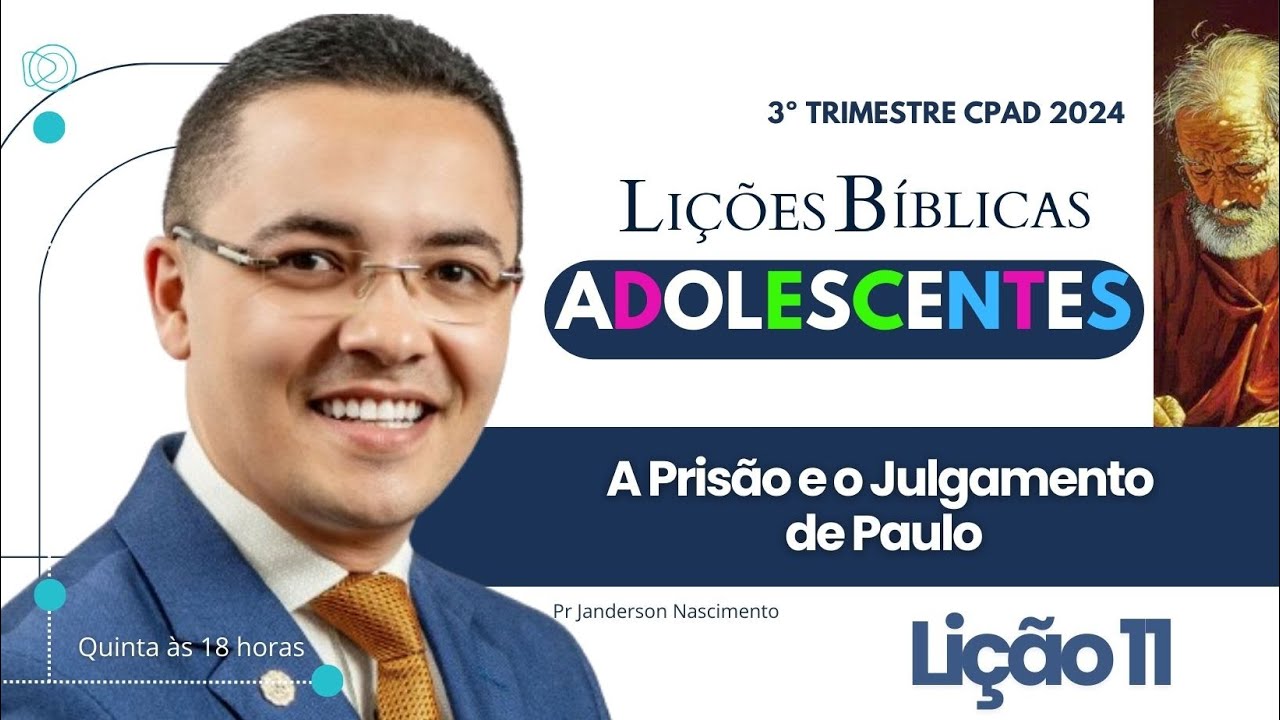What 3 YEARS of INCARCERATION has Taught Me
Summary
TLDRIn this reflective video, the speaker shares insights gained after three years of incarceration, including one year in prison and two under house arrest. Despite losing his career, home, and marriage due to addiction, he has found happiness and mental peace through simple lifestyle changes. The speaker emphasizes that well-being is less about external circumstances and more about internal habits, stressing the importance of proper nutrition, exercise, limiting screen time, and quality sleep. He recounts how a recent deviation from these habits led to anxiety and discomfort, reinforcing their importance for mental health.
Takeaways
- 😊 The speaker reflects on their journey, having spent 1 year behind bars and 2 years under residential confinement, and is uncertain if this is their final day of incarceration.
- 💊 They used to be an ICU nurse but became addicted to heroin and meth, which led to their arrest and eventual incarceration for 3 years.
- 💡 A key lesson learned: happiness and well-being are not dependent on external life circumstances but are more about inner mental and emotional states.
- 🏠 Despite having everything they wanted before addiction—money, a house, a career—the speaker was deeply unhappy, which contributed to their substance abuse.
- 🌟 Now, after losing almost everything, including their house, career, and marriage, they feel happier and more at peace than ever before.
- 🧘♂️ Maintaining a strong inner sense of peace makes external circumstances less impactful, and when you feel good inside, positive opportunities tend to arise naturally.
- 🍽️ The speaker outlines four basic pillars that have helped improve their mental health: proper fuel (whole, unprocessed food), daily activity, reduced screen time, and good sleep.
- 💻 A week of veering away from their routine, indulging in junk food, inactivity, and excessive screen time led to feelings of anxiety, claustrophobia, and depression.
- 🔄 This experience reminded them that their well-being is closely tied to these four fundamental habits, and slipping into bad habits can lead back to old, harmful patterns.
- 🎵 The speaker ends by sharing a song of the week, 'Solitude is Bliss' by Tame Impala, symbolizing their two years of solitude on house arrest and their hope to move forward.
Q & A
How long has the speaker been incarcerated?
-The speaker has been incarcerated for three years, with one year behind bars and two years on residential confinement with a GPS ankle monitor.
What was the speaker's profession before incarceration?
-Before incarceration, the speaker was an ICU RN (Intensive Care Unit Registered Nurse).
What substance addiction led to the speaker's arrest?
-The speaker became addicted to heroin and meth, which eventually led to their arrest.
What was the speaker's life like before their addiction?
-Before the addiction, the speaker had a seemingly perfect life with a bachelor's degree in nursing, a job as an ICU RN, a marriage to another ICU RN, a fully paid home in South Lake Tahoe, and the ability to travel and work as they pleased.
Why did the speaker feel miserable despite having a perfect life?
-The speaker felt miserable because their life circumstances had nothing to do with their internal state of well-being, which was not good until they discovered what it was like not to be miserable.
How has the speaker's life changed after incarceration?
-After incarceration, the speaker has nothing to their name, rents a small studio apartment, has a mountain of debt, no longer owns a house, is not married, does not have a nursing license, and does not have a career, yet they feel happier and more at peace than ever before.
What are the four key areas the speaker focused on to improve their life?
-The four key areas the speaker focused on are fuel (eating whole real food), activity (exercising regularly), screen time (reducing screen time), and sleep.
What happened when the speaker decided to take a week off from their routine?
-When the speaker took a week off to eat junk food, not exercise, and play video games, they experienced feelings of anxiety, depression, and thoughts that their life situation was caving in on them.
How did the speaker realize the impact of their week off from the routine?
-The speaker realized the impact when they started feeling bad and compared it to the three years of feeling great by following their routine, which made them understand the difference between treating themselves well and not doing so.
What did the speaker conclude about the relationship between external circumstances and internal well-being?
-The speaker concluded that external circumstances have very little to do with internal well-being, and that taking care of one's physical and mental health through proper fuel, activity, screen time, and sleep can greatly improve one's life quality.
What is the speaker's current mindset regarding the end of their house arrest?
-The speaker's current mindset is that they are fine with whatever happens regarding the end of their house arrest. They are not anxious and feel that they will be okay regardless of when the ankle monitor is removed.
Outlines

このセクションは有料ユーザー限定です。 アクセスするには、アップグレードをお願いします。
今すぐアップグレードMindmap

このセクションは有料ユーザー限定です。 アクセスするには、アップグレードをお願いします。
今すぐアップグレードKeywords

このセクションは有料ユーザー限定です。 アクセスするには、アップグレードをお願いします。
今すぐアップグレードHighlights

このセクションは有料ユーザー限定です。 アクセスするには、アップグレードをお願いします。
今すぐアップグレードTranscripts

このセクションは有料ユーザー限定です。 アクセスするには、アップグレードをお願いします。
今すぐアップグレード関連動画をさらに表示

Lição 11 A Prisão e o Julgamento de Paulo - Adolescentes CPAD

VIRAL 🔥 Ustadz Yahya Waloni Siap Pasang Badan Jika UAS Diganggu !!

Marcos Schenone y los hermanos Conzi

Como os prisioneiros ficam tão fortes? (Kali Muscle)

Turkish tourists detained after making Nazi salute

CAYÓ EN CÓRDOBA LA FAMILIA DE "FITO" MACÍAS, CAPO NARCO ECUATORIANO
5.0 / 5 (0 votes)
